
Hay un gran potencial para que las acciones colectivas de muchos individuos en todo el mundo reduzcan el calentamiento global mediante la realización de cambios en actividades diarias y anuales que producen gases y aerosoles que atrapan el calor.

Hay un gran potencial para que las acciones colectivas de muchos individuos en todo el mundo reduzcan el calentamiento global mediante la realización de cambios en actividades diarias y anuales que producen gases y aerosoles que atrapan el calor.
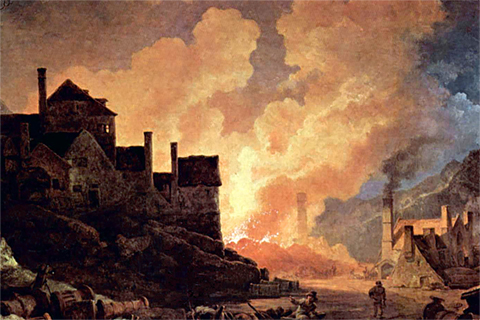
Existen evidencias científicas abrumadoras de que la Tierra se está calentando y una preponderancia de pruebas científicas de que las actividades humanas son la causa principal.

Desde las enfermedades relacionadas con el calor, pasando por la propagación de plagas y patógenos en nuevas zonas, hasta la acumulación de toxinas en los mariscos, es probable que el calentamiento global tenga graves repercusiones en la salud pública.

Desde incendios forestales más grandes e intensos hasta inundaciones repentinas más frecuentes, el calentamiento global ha aumentado el costo de los peligros naturales. El gasto actual en infraestructura no es suficiente para cubrir las reparaciones y mejoras.

Unusually big blooms of tiny ocean plants occurred in the Arctic this past summer, linked to early summer retreat of sea ice.
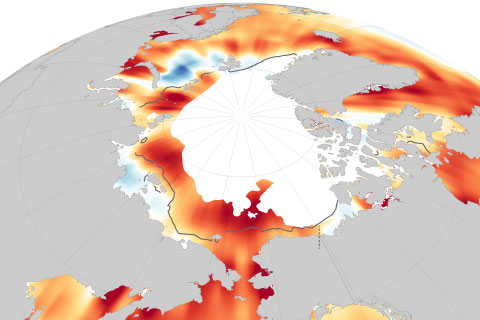
August sea surface temperatures in the Arctic are rising by as much as 1 degree Celsius (1.8 degrees Fahrenheit) per decade.
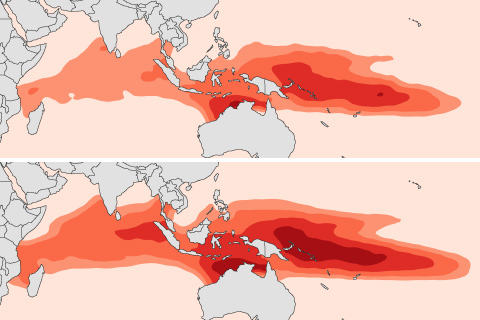
The large, warm pool of ocean water in the Indian and west Pacific Oceans has been growing warmer and expanding in size since 1900, impacting the Madden Julian Oscillation and regional rainfall.
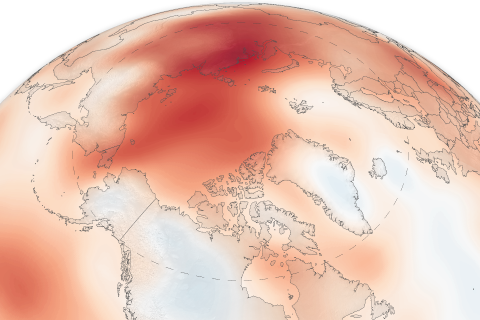
Despite a few cold spots, it was the the second-warmest year on record Arctic wide. Since 2000, Arctic temperatures have been more than twice as far above average as the planet as a whole.
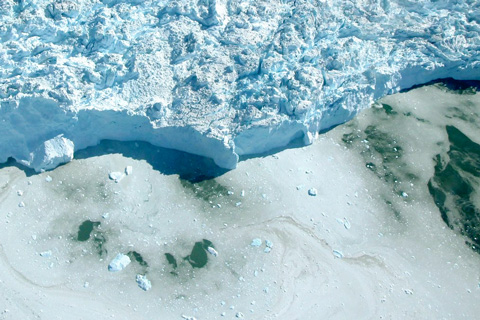
Between September 2019 and August 2020, the rate of ice loss from the Greenland Ice Sheet was much lower that the record set the previous 12-month period, but but still above the 2002–2020 average. Overall, Greenland continues to lose ice.
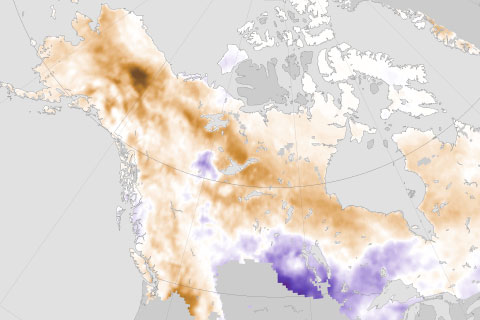
The taiga is becoming more flammable, increasing the risk for intense wildfires—some so intense they overwinter in deep ash pits and re-emerge the following spring.